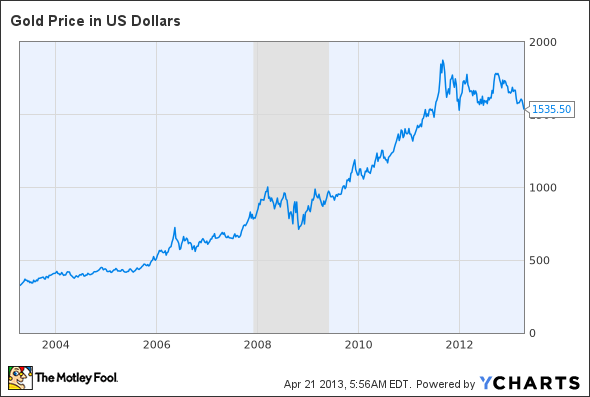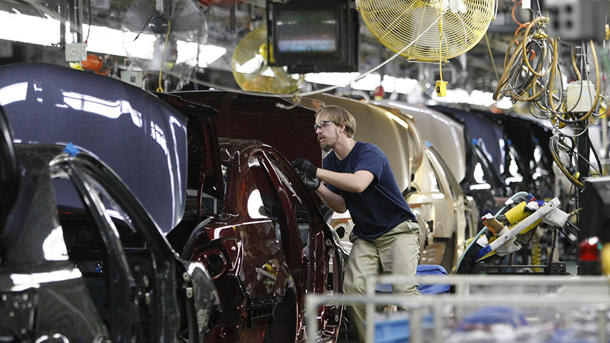Recently, the CVS Caremark Corporation began requiring employees to disclose personal health information (including weight, blood pressure, and body fat levels) or else pay an annual $600 fine. Workers must make this information available to the company’s employee “Wellness Program” and sign a form stating that they’re doing so voluntarily.
CVS argues this will help workers “take more responsibility for improving their health.” At one level, this makes a certain sense. Because the company is paying for their employees’ health insurance, they naturally prefer healthier workers. But at a deeper level, CVS’ action demonstrates a growing problem with our current system of employer-provided health insurance. If our bosses must pay for our health care, they will inevitably seek greater control over our lifestyles.
Although most Americans take it for granted that they receive health insurance through the workplace, this is an artifact of federal tax rules from World War II. When the U.S. government imposed wartime wage controls, employers could no longer compete for workers by offering higher salaries. Instead, they competed by offering more generous fringe benefits such as health insurance. In 1943, the IRS ruled that employees did not have to pay tax on health benefits provided by employers; in 1954, the IRS made this permanent.
The federal government thus distorted the health insurance market in favor of employer-based plans. If a company paid $100 for health insurance with pre-tax dollars, the employee enjoyed the full benefit. But if the employee received that $100 as salary, he could only purchase $50-70 of insurance after taxes. Over time, this tax disparity helped employer-based health insurance dominate the private insurance market. In 2008, over 90% of non-elderly Americans with private insurance received it through their workplace.
Hence, government policy artificially injects the employer into the relationship between a patient and the health insurance system. Normally, what a worker ate or whether he smoked at home would be of no concern to his boss (unless it affected job performance). But U.S. government policy makes it the employer’s business.
To make matters worse, ObamaCare reinforces this status quo. ObamaCare requires large employers to offer health insurance to workers (or else pay a penalty). As a result, more people are discussing how best to link employment to healthy behavior. For example, the New England Journal of Medicine recently featured a pair of high-profile editorials debating the merits of allowing companies to discriminate against smokers, “for their own good.”
Furthermore, ObamaCare pays government grants to encourage companies to implement these “wellness programs.” Hence, employers who wouldn’t otherwise concern themselves with workers’ lifestyles now have an incentive to do so in order to collect federal funds.
—
This is very well written and informative article. For those that wonder why employers are involved in health insurance (and not home owners insurance, car insurance, etc.) it was simply because of government intervention. Salary freezes caused the creation of “benefit packages.”
What do you think about government intervention like price freezes and the constitutionality of them? Click below for the full article.
http://www.forbes.com/sites/paulhsieh/2013/04/25/big-brother-has-a-new-face-and-its-your-boss/



